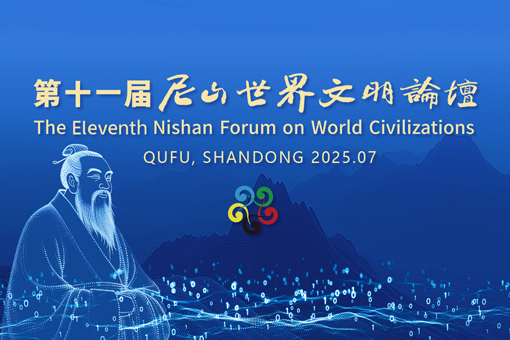Officials carry out extensive field research
New focus
Zhang Lianqi, a member of the Standing Committee of the National Committee of the Chinese People's Political Consultative Conference, said the world is undergoing profound changes unseen for a century, with rising uncertainties.
China's reform, development and stability face many deep-seated problems that cannot be avoided. The risks, challenges and difficulties are more severe and complex than ever, he said.
"As a result, it is vital that we grasp the nature and law of things through investigation and research, and find ways and paths to solve problems," he added.
Zhang said the work plan released by the General Office of the CPC Central Committee in March, days after the conclusion of this year's two sessions, has strong relevance for research and study work, as it lists 12 aspects for main research.
The plan states that in-depth research and studies should be closely integrated with the central work of the Party and the requirements for decision-making. They should also help sound decisions to be made and improve the Party's ability to govern and lead.
The plan covers key areas such as promoting self-reliance in science and technology, attracting and using foreign investment, ensuring food security, and defusing major financial risks.
Research should also target major problems that occur when reform and opening-up is deepened on all fronts, when advancing law-based governance, and when dealing with challenges in the ideological domain, the plan states.
It should aim to address problems of the greatest and most direct concern to people, such as employment, education, medical services and housing, as well as environmental protection, the plan adds.
It requires officials at county level and above to lead a research subject, list detailed solutions to problems that are found, do follow-up work, and revisit some areas to look at new problems.
Last month, Premier Li Qiang said at a meeting with reporters during the two sessions: "When you sit in the office, you see lots of problems. But when you reach out to the people, you see all kinds of solutions. After all, the brightest minds are among the people."
He said the government will encourage officials at all levels to engage more with local communities to learn what the people need. It will also seek their opinions on the administration's work.
Zhang, who is also vice-president of the China Taxation Society, has been busy recently making investigative trips nationwide, focusing on the real economy and digital industrialization.
As a veteran national political adviser, he spends half his time every year on front-line research organized by the CPPCC, government departments, or initiated by himself. He attends discussions and drafts proposals and suggestions.
Zhang's trips have taken him to developed regions such as the Yangtze River Delta, which has already started to explore common prosperity, and also to less-developed central and western regions that face difficulties in industrial transformation.
"My credo is: Without research, there are no proposals or suggestions," he said, adding that the principle of "problem-oriented" should be adopted, and both good and bad findings need to be reported.
Each year to help government decision-making, Zhang submits five proposals to the CPPCC National Committee based on his research. Many of his proposals have led to national policies being formulated.



 Embark on cultural trip in Shandong
Embark on cultural trip in Shandong Global civilizations shine at Nishan in Shandong
Global civilizations shine at Nishan in Shandong Explore Taishan Mountain's autumn splendor
Explore Taishan Mountain's autumn splendor

